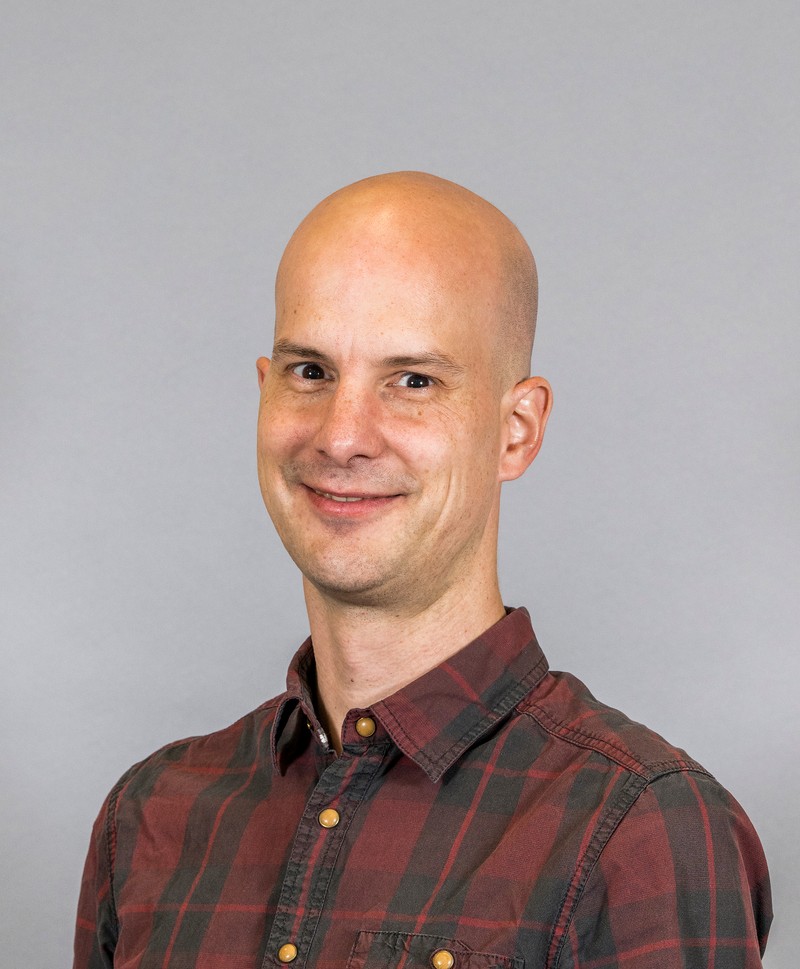C++ Modules - Getting Started Today
Andreas Weis
We will take a look at how modules change the build process and why it took so long to implement them. We will take a tour of the essentials of the named modules mechanism and explore the new best practices for physical code structure in a modules-based code base, including how to set up a build with CMake. And last but not least, we will discuss different options for interacting with existing header-based code.
The talk will focus above all else on practicality: We will only be covering features that are widely available for use today with the latest compilers and build tools. We will give special attention to the areas where the design practices for modules differ from the familiar header-based approach and address common misconceptions and pitfalls that are typical among developers first encountering the feature. No prior knowledge of modules is required.
Andreas Weis

He currently works for Woven Planet as a software architect for embedded automotive software.